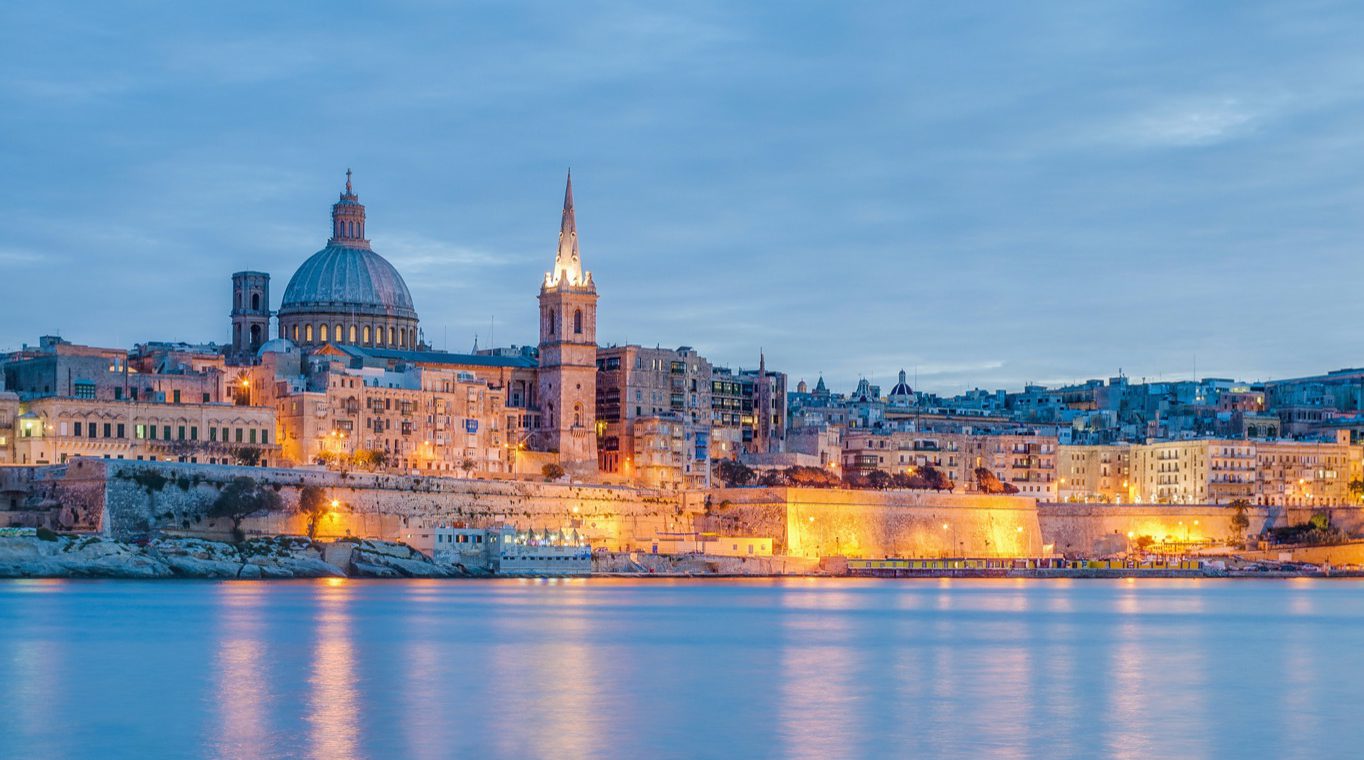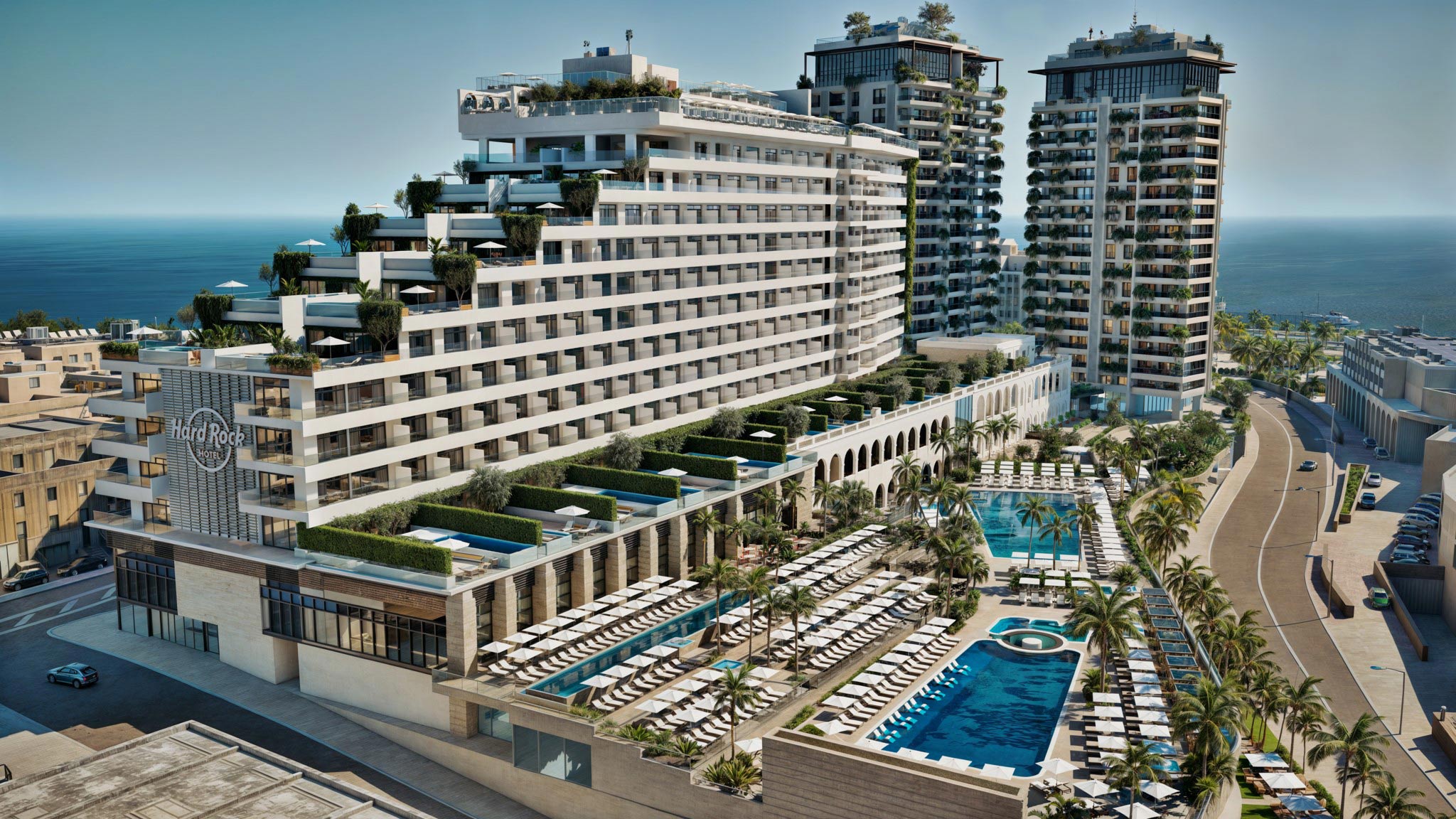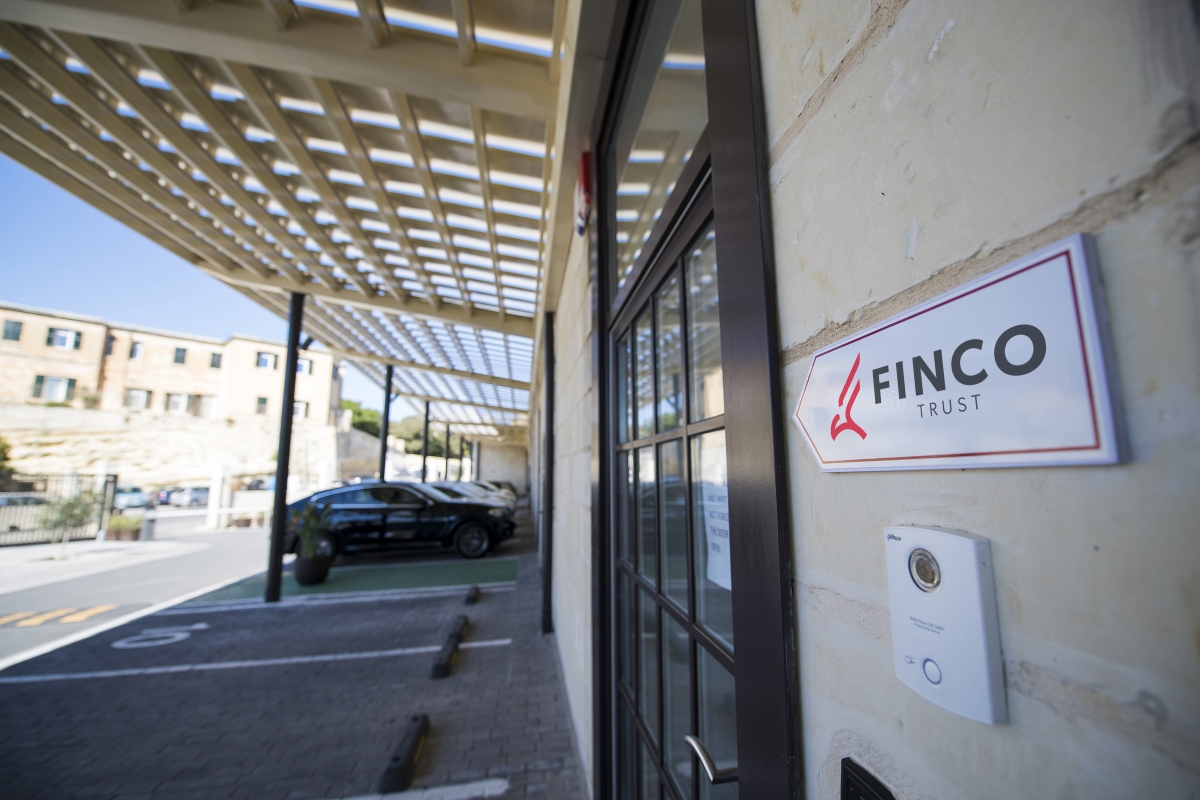Malta needs to ensure that foreign direct investment is not tax-driven but for the ‘right reasons’, tax practitioners agree in the wake of comments made by Finance Minister Clyde Caruana where he hinted at a possible reform of Malta’s advantageous corporate tax regime for foreign businesses.
Minister Caruana made the comments during a business breakfast organised by the Government titled Towards a New Prosperity.
The corporate tax rate in Malta is 35 per cent, but foreign companies can benefit from an effective five per cent rate, making the island a hub for large multinationals looking to decrease their tax bill. This system has come under harsh criticism from large countries like France and Germany.
BusinessNow.mt spoke to industry insiders to get their reactions to Minister Caruana’s comments and to find out what a system that is attractive to businesses while reducing the pressure from other Governments could look like.
Adriana Camilleri Vassallo, CEO of Francis J. Vassallo & Associates, believes that Malta has a lot to offer and should shift focus away from its tax system being a primary advantage. “We have a lot of areas that attract foreign investment,” she says. “The tax regime should be a secondary factor in a company’s decision to come to Malta.”
She acknowledges that this change may be necessary. “In the international tax environment it’s important to keep track of what we need to do to move with the time.”
Asked what a tweaked tax regime could look like, Ms Camilleri Vassallo speculated that it could include a more level playing field between all players operating in Malta, adding that she is certain that, “as in the past, the Government will consult tax practitioners to come up with viable solutions”.
Stefano Mallia, president of the Employers’ Group within the Economic and Social Committee of the EU and a partner at EMCS Tax Advisory, agrees, saying “it is crucial that the industry stakeholders are heavily involved in this evolution or transition.”
“As a country we have a financial services industry which has an incredible wealth of information and expertise therefore involving the industry operators in the discussions and decisions will help ensure that whatever changes we propose are the right ones.”
Mr Mallia believes the approach taken by the Finance Minister is a sensible one. “It is clear that the international situation is evolving and if we want to remain relevant we need to evolve as well. I therefore see nothing surprising in his statement and indeed welcome it.”
“The truth is that we do not really have any margin for error on this issue and therefore we need to get it right immediately.”
Not everyone is comfortable with the acknowledgement of a need to change due to international pressure. Charles Attard, lead business consultant with Juanafil Consultants, believes Malta is giving too much importance to European requests, saying “we should continue with what we’re doing.”
“I don’t agree with us bending over to please other people,” he says. “We are just following other people’s desires and orders and losing on our business.”
Such views seem to be in the minority however, with most practitioners conceding that a change is needed.
Nicky Gouder, partner at Seed Consultancy, explains that there has been a push for additional transparency and substance as a result of the international tax changes at both EU and OECD level in recent years.
In comments echoing those of Ms Camilleri Vassallo, Mr Gouder says that Malta must be able to provide the right infrastructure to continue to attract foreign direct investment so as to ensure that the principal purpose of such an investment is not tax-driven.
“Whilst we should continue to have a competitive tax system, a focus should be placed on ensuring that the companies which relocate to Malta do so for the right reasons, and have adequate substance in place which one would expect from a Maltese company.”
In any case, a sense of optimism remains dominant, with Ms Camilleri Vassallo confident that this is another step towards a bright future.
“Malta has always lived up to its challenges.”
Malta’s inflation edges up to 2.7% in October as food and services lead price pressures
The October RPI reading indicates some re-acceleration in consumer-facing sectors after a period of summer stabilisation
db Group reports turnover of almost €100 million and record profit as it opens bond issue to public investors
This coincides with the launch of a €60 million bond programme to support the Group’s continued expansion
Celebrating success: stories from the team behind Finco Trust
The stories of Lee-Anne Abela, Kris Vella, and Maria Mamo reflect the values that continue to guide the firm forward






